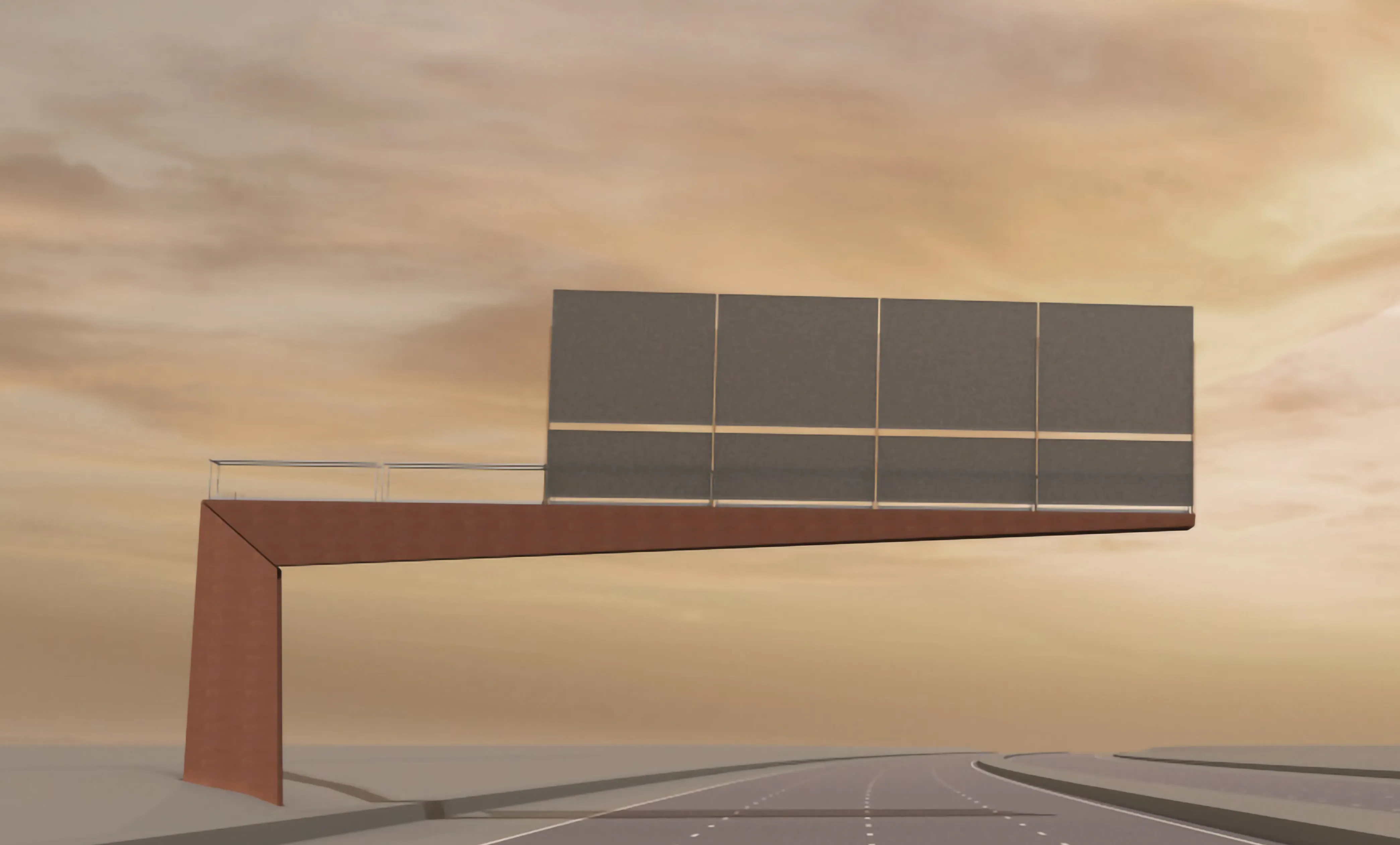US power and automation technology group says its latest fast charger, the Terra SC is a cost-effective direct-current (DC) charger specifically designed for convenient fast charging in commercial and office areas. It fully charges an electric vehicle (EV) in thirty to 120 minutes. The Terra SC is also ideal for people who want to keep driving but don’t necessarily need a full charge: it can charge the battery of currently available EVs from thirty per cent to eighty per cent in less than half an hour. Easy
March 27, 2013
Read time: 2 mins
US power and automation technology group says its latest fast charger, the Terra SC is a cost-effective direct-current (DC) charger specifically designed for convenient fast charging in commercial and office areas. It fully charges an electric vehicle (EV) in thirty to 120 minutes. The Terra SC is also ideal for people who want to keep driving but don’t necessarily need a full charge: it can charge the battery of currently available EVs from thirty per cent to eighty per cent in less than half an hour.
Easy to install, easy to use, with optimal connectivity, the Terra SC is a web-connected charger that includes a full range of connectivity features, including remote assistance, management and servicing, with smart software upgradeability. Its key optional features include RFiD and PIN code authorization, as well as a web-based statistics module with data per user to support energy usage reporting.4540 ABB’s connectivity suite supports all existing and future connection standards within the same network, and immediate “plug-and-play” functionality using the Open Charge Point Protocol (OCPP).
Using open standards, ABB DC chargers are able to integrate seamlessly into existing AC charging networks. “Electric vehicle service providers will find a great benefit in the easy integration of DC charging into their offering,” notes Cal Lankton, director of ABB’s electric vehicle charging infrastructure business for North America.
The Terra SC will be fully UL-listed, and comes standard with an outdoor-rated steel housing, a full-colour, eight inch, intuitive touch-screen user interface and smart connectivity. It is quick and easy to install at almost any location due to its ultra-thin design and simple floor and wall-mount connections.
Easy to install, easy to use, with optimal connectivity, the Terra SC is a web-connected charger that includes a full range of connectivity features, including remote assistance, management and servicing, with smart software upgradeability. Its key optional features include RFiD and PIN code authorization, as well as a web-based statistics module with data per user to support energy usage reporting.
Using open standards, ABB DC chargers are able to integrate seamlessly into existing AC charging networks. “Electric vehicle service providers will find a great benefit in the easy integration of DC charging into their offering,” notes Cal Lankton, director of ABB’s electric vehicle charging infrastructure business for North America.
The Terra SC will be fully UL-listed, and comes standard with an outdoor-rated steel housing, a full-colour, eight inch, intuitive touch-screen user interface and smart connectivity. It is quick and easy to install at almost any location due to its ultra-thin design and simple floor and wall-mount connections.








